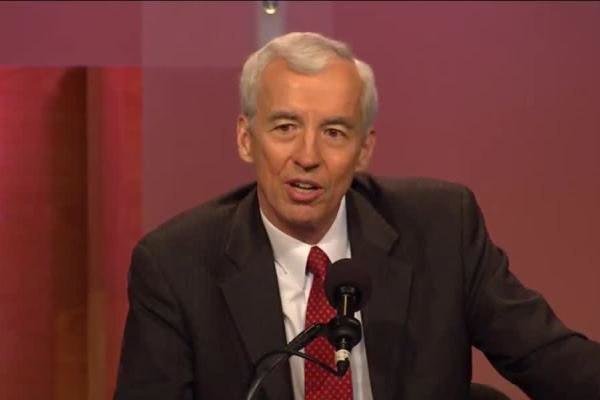Future of JCPOA looks grim: Pillar

TEHRAN – Professor Paul Pillar, who was CIA intelligence analyst for 28 years, tells the Tehran Times that “The changes involving Pompeo and Bolton will mean a more hawkish policy overall. There will be even greater reliance on military force rather than on diplomacy than we have seen so far.”
Pillar also says, “There will probably be greater friction overall between the United States and other countries apart from a few favored regimes.”
He adds that “With these personnel changes, the future of the Joint Comprehensive Plan of Action looks grim.”
Following is the text of the interview:
Q: Donald Trump recently made changes to the cabinet and changed his security and foreign policy team somewhat. Mike Pompeo replaced Rex Tillerson and "Gina Haspel" became head of the CIA and "John Bolton" replaced McMaster. What was the reason for these changes?
A: President Trump has become more comfortable in office than he was for most of last year, in the sense that he believes he does not have to listen anymore to advice about who should be appointed to senior posts. He wants to surround himself with people who think and sound like him, and now he feels freer to do exactly that. Secretary Tillerson disagreed with Trump on a number of issues, and he never formed a smooth relationship with the president. General McMaster reportedly annoyed Trump by giving him briefings that lasted longer than what Trump wanted. The changes are mainly a matter of Trump's operating style and his impatience with being told uncomfortable truths or being educated about complicated situations.
Q: What will these changes affect the foreign policy of the Trump government? Which U.S. foreign policy domains will be more affected by these changes?
A: The changes involving Pompeo and Bolton will mean a more hawkish policy overall. There will be even greater reliance on military force rather than on diplomacy than we have seen so far. There will probably be greater friction overall between the United States and other countries apart from a few favored regimes.
Q: With the Pompeo and John Bolton approach, how do you assess the future of this agreement?
A: With these personnel changes, the future of the Joint Comprehensive Plan of Action looks grim. Trump has been anxious to back out of the agreement, and has only been restrained from doing so by the advice of people like Tillerson and McMaster. Now those restraints are gone. Both Pompeo and Bolton are, like Trump, outspoken opponents of the agreement.
Q: John Bolton has recently announced that Iran's nuclear deal is not reformable and will not be reformed through U.S.-European talks. Some believe, that Bolton's choice is for more Scoring about nuclear deal. What is your assessment?
A: Opponents of the agreement are now using a strategy of saying they only want to "improve" it and to try to get the Europeans to go along with doing so. But this is still a strategy of trying to kill the agreement altogether, while making it look like the Trump administration is not the one killing it. Some of the suggested "improvements" would be outright violations of the agreement. What the Trump administration is saying is in effect that it wants new substantial concessions from Iran while making no fresh concessions in return. How much this strategy succeeds will depend a lot on how the European governments respond.
